Description
Walnut Kernels not only add crunch and taste to a dish, but they are loaded with nutritional benefits too. Walnut not only tastes great but are a rich source of heart-healthy, fats and an excellent source of those hard to find omega 3 fatty acids. Walnuts are vacuum packaged to retain freshness, taste and texture ensuring quality.
Adding walnuts to your diet may help you to maintain your ideal weight over time. Researchers showed that consuming walnuts on regular basis may help you to reduce stress and age growth as it is found to consist of vitamin-e and anti-oxidants multivitamins- walnuts contain several neuroprotective compounds, including vitamin e, vitamin b, folate, melatonin, omega-3 fats and antioxidants health benefits-walnuts are primarily made up of polyunsaturated fat.
Nutritional Facts
Calories: 210,
Carbs: 8 g,
Fat: 18 g,
otein: 7 g.
How to Use
Walnut is being crushed often to sprinkle over salads, desserts, particularly sundaes and other ice creams and are also used as seafood toppings.
Best accompanied with tea or for an on the go munch.
Pop some before hitting the gym or spruce up your salad or morning cereal.
Benefits
Walnuts have a wealth of good kind of fats – polyunsaturated fats, which are better than saturated fats.
They also have a high amount of omega-3 fatty acids.
Walnuts can help lower LDL (“bad”) cholesterol in particular but also lower your cholesterol overall.
Super Plant Source of Omega-3s.
According to the U.S. Department of Agriculture (USDA) National Nutrient Database, 1 cup of unbranded, organic walnuts (30 grams).
Energy: 200 calories
Carbohydrate 3.89 grams (g)
Sugar: 1 g
Fiber: 2 g
Protein: 5 g
Fat: 20 g
Calcium: 20 milligrams (mg)
Iron: 0.72 mg
Sodium: 0 mg
Walnuts are also a good source of:
manganese
copper
magnesium
phosphorus
vitamin B6
iron
They are high in monounsaturated and polyunsaturated fats and omega-3 fatty acids. They are also a good source of protein.
Nuts have a reputation for being a high-calorie and high-fat food. However, they are dense in nutrients and provide heart-healthy fats.
The combination of healthy fats, protein, and fiber in walnuts helps to increase satisfaction and fullness. This makes them more healthful as a snack, compared with chips, crackers, and other simple carbohydrate foods.
Health benefits
Consuming plant-based foods of all kinds has long been associated with a reduced risk of many lifestyle-related health conditions.
The possible health benefits of walnuts may include boosting the cardiovascular system and bone health, reducing the risk of gallbladder disease, and treating epilepsy.
Heart health
Share on Pinterest
Walnuts may boost heart health.
The monounsaturated and polyunsaturated fatty acids found in walnuts have been shown to decrease LDL (harmful) cholesterol and triglyceride levels.
This, in turn, reduces the risk of cardiovascular disease, stroke, and heart attack.
A study published in the British Journal of Nutrition showed that the risk of coronary heart disease is 37 percent lowerTrusted Source for those consuming nuts more than four times per week, compared to those who never or rarely consumed nuts.
In 2013, scientists published findings of a small study which:
walnut oil can benefit endothelial function
whole walnuts can enhance the process of eliminating “bad” LDL cholesterol
Results of a meta-analysis published in 2009 a diet that is high in walnuts is linked to improved lipid and cholesterol profiles. The researchers also concluded that walnuts may also help reduce oxidative stress and inflammation.
In 2003, the U.S. Food and Drug Administration (FDA) approved the claimTrusted Source for food labels on a variety of nuts, including walnuts, that:
“Eating 1.5 ounces per day of most nuts as part of a diet low in saturated fat and cholesterol may reduce the risk of heart disease.”
FDA
However, they note that while scientific evidence suggests that this is true, it does not prove it. The statement also refers to whole or chopped nuts, and not products that contain nuts.
Weight management
According to research published in the Asia Pacific Journal of Clinical Nutrition, routine nut consumption is associated with higher levels of energy use while resting.
In trials that compared weight loss using diets that include or exclude nuts, the diets that included nuts in moderation showed greater weight loss.
A study published in the American Journal of Clinical Nutrition also found that women who reported rarely eating nuts had a greater incidenceTrusted Source of weight gain over an 8-year period than those who consumed nuts two times a week or more.
Gallstone disease
According to another study in the American Journal of Clinical Nutrition, frequent nut consumption is associated with a reduced risk of cholecystectomy, an operation to remove the gallbladder.
In over a million people documented over 20 years, women who consumed more than 5 ounces of nuts a week had a significantly lower risk of cholecystectomy than women who ate less than 1 ounce of nuts each week.
Bone health
Walnuts are a good source of the mineral copper. Severe copper deficiency is associated with lower bone mineral density and an increased risk of osteoporosis.
Osteoporosis is a condition where bones become thinner and less dense, making them easier to fracture and break.
More research is needed on the effects of marginal copper deficiency and on the potential benefits of copper supplements to prevent and manage osteoporosis.
Copper also plays an important role in the maintenance of collagen and elastin, major structural components of the body.
Without sufficient copper, the body cannot replace damaged connective tissue or the collagen that makes up the building blocks for bone. This can lead to a range of issues including joint dysfunction.
Walnuts contain a high amount of manganese. Manganese has been shown to prevent osteoporosis in combination with the minerals calcium and copper.
Magnesium, another mineral in walnuts, is important for bone formation as it helps with the absorption of calcium into the bone.
While manganese and copper supplements may provide quantities of minerals that can be harmfulTrusted Source, getting these minerals through the diet is thought to be good for bone health.
Epilepsy
Rats with manganese deficiency have been shown to be more susceptible to seizures.
People with epilepsy have also been found to have lower whole blood manganese levels than those without epilepsy, although a manganese deficiency is not thought to cause epilepsy.
More research is needed into whether manganese supplementation would benefit people with epilepsy.
Walnuts in the diet
Nuts have a high-fat content, and so they are prone to becoming rancid. Rancid nuts are not unsafe but have a sharp flavor that people may find unpleasant.
Keeping walnuts in their shells in a cool, dark, and dry place can improve their shelf life.
Kept in a refrigerator below 40 degrees Fahrenheit or in a freezer below 0 degrees Fahrenheit, they can be stored for over a year.
If you want to store them at room temperature, freeze them first at 0 degrees Fahrenheit or less for 48 hours to kill any pests.
Share on Pinterest
Sprinkle walnuts on a salad to add flavor, texture, and nutritional value.
Top salads with chopped walnuts
Make homemade granola with a mixture of nuts, seeds, and dried fruit, using walnuts
Make a pesto sauce using walnuts and use with pasta or flatbread
Top yogurt with chopped walnuts and fruit
Try these healthy and delicious recipes developed by registered dietitians:
Cinnamon-roasted brussels sprouts with walnuts
Whole-grain gnocchi alfredo with spinach and walnuts
Apricot and walnut trail mix
Walnut bread
Risks and precautions
Some researchers have concludedTrusted Source that consuming walnuts does not lead to weight gain.
However, walnuts are dense in calories, and people are advised to consume them in moderation to reduce this risk.
A high consumption of walnuts has also been linked to diarrhea.
This could be after a person eats a large quantity of walnuts, because of the high oil or fiber content, or because they have a sensitivity, for example, in people with irritable bowel syndrome (IBS).
A 1-ounce serving of walnuts contains about 14 half-walnut pieces.
People who are allergic to nuts should not eat walnuts. If the person develops a rash or hives or difficulty breathing after eating walnuts, medical attention should be sought.
Children should not consume pieces of nut, or they should be supervised while doing so, as this can lead to choking.
Walnuts can be a healthful addition to the diet. A diet that is balanced overall and followed alongside an exercise regime is best for health.

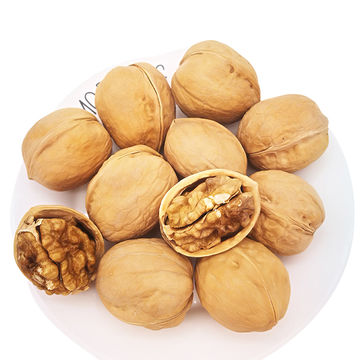




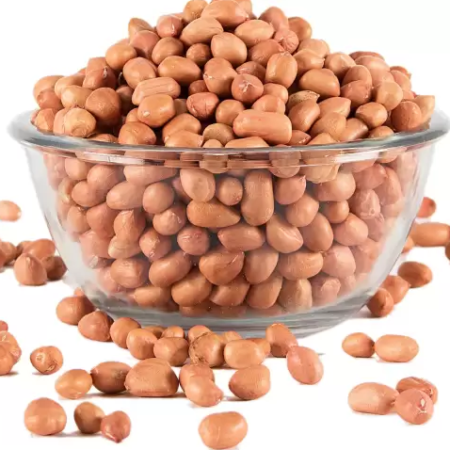
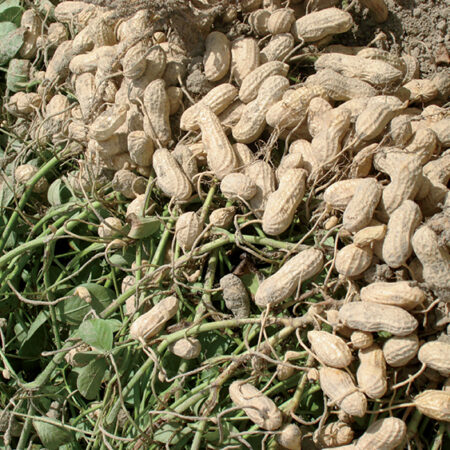
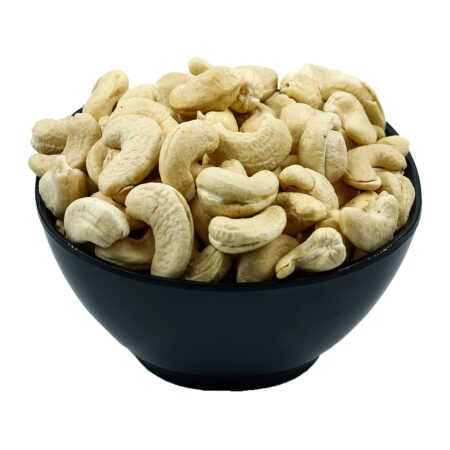

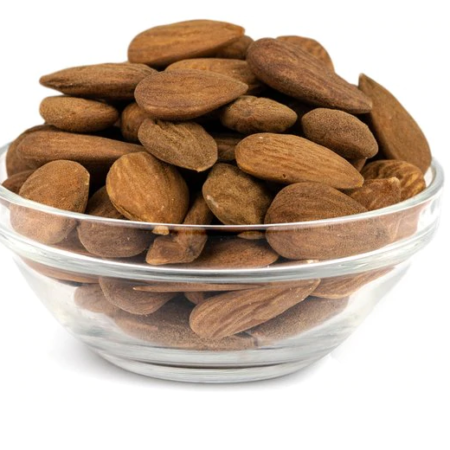
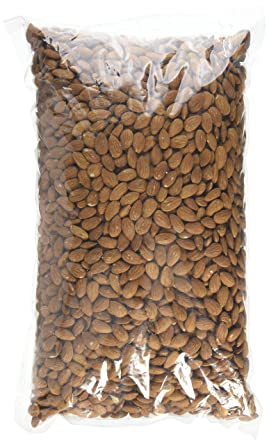
Reviews
There are no reviews yet.